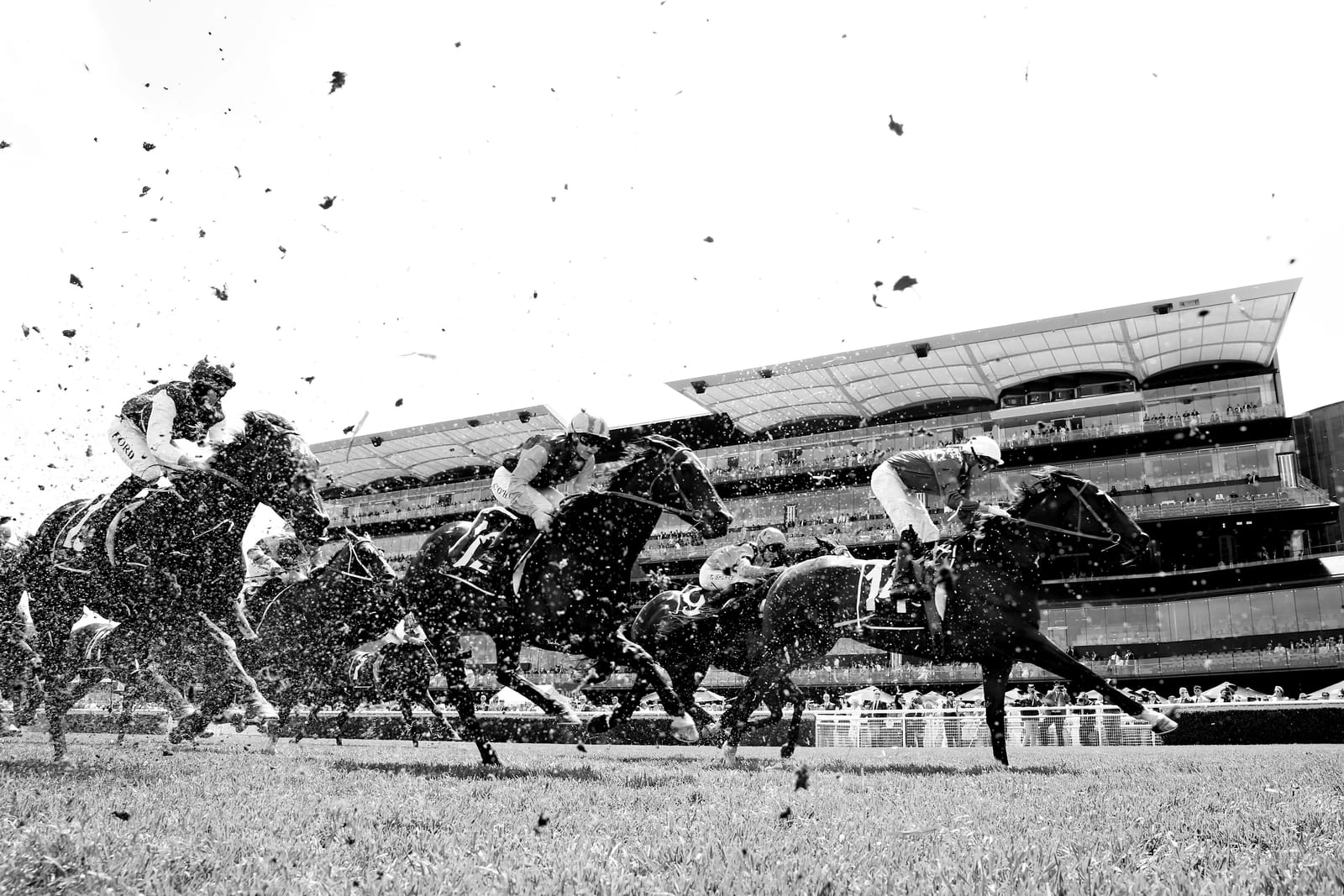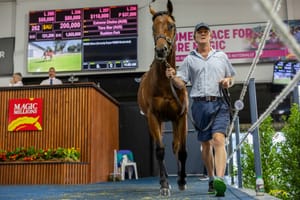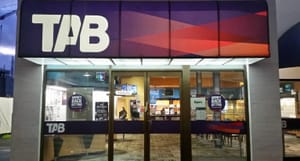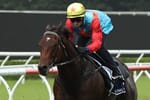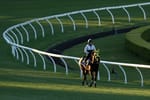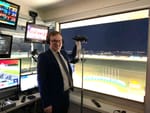Note: This article was published on NSW Country and Picnic Racing and has been reproduced with permission
Last week, Racing NSW announced five new qualifying races for the $3 million Big Dance and $750,000 Little Dance, which will be run and won at Royal Randwick on Tuesday, November 5.
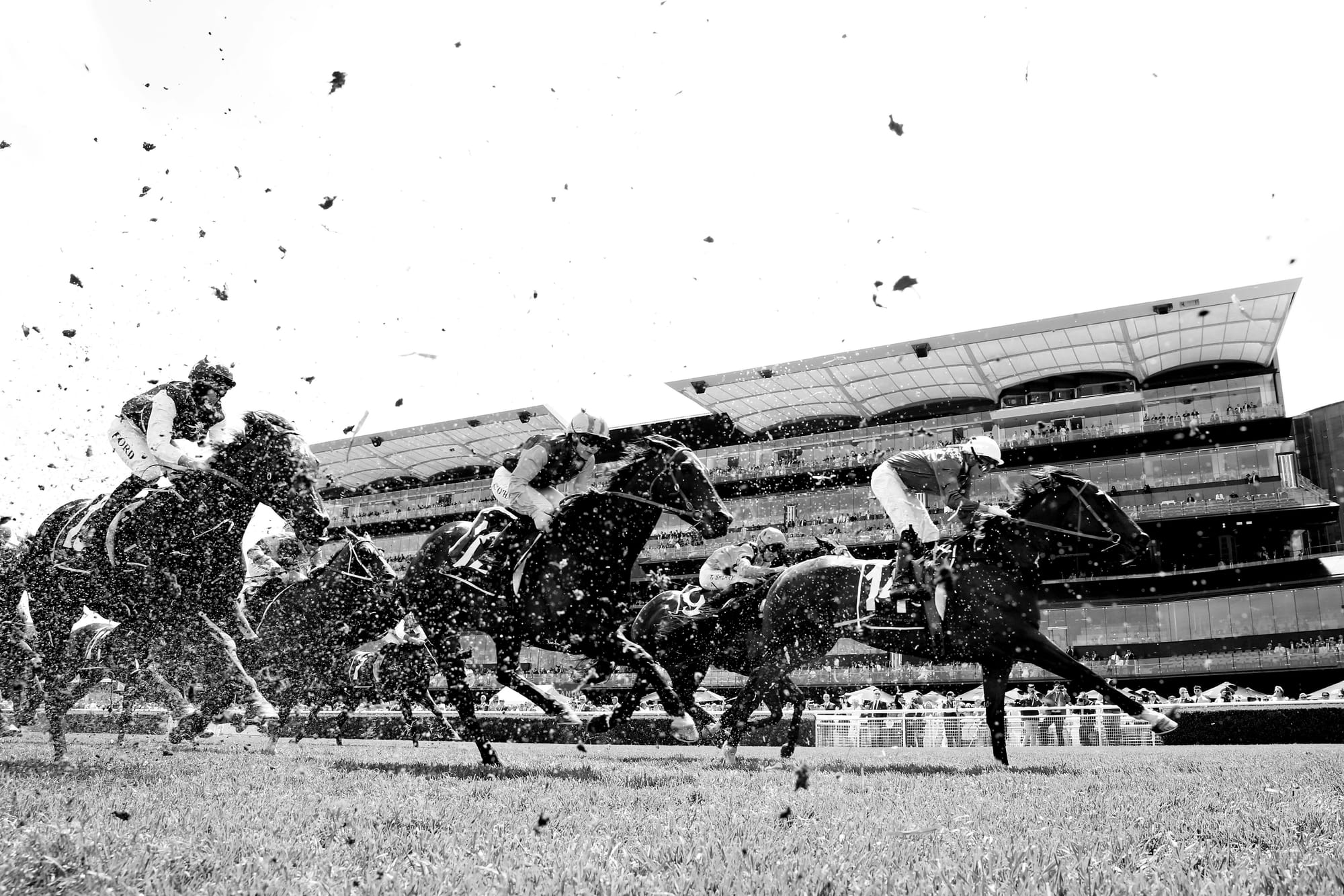
While previously marketed as a ‘Country Cup final’, the new qualifying races will be five provincial feature events, including the Gosford Cup, Hawkesbury Cup, Cameron Handicap, Wyong Cup, and The Gong.
The first and second horses from the 2023 Gong, Detonator Jack and Loch Eagle, are now eligible for this year’s race, along with winners from the already run and won Goulburn Cup, Snake Gully Cup, Taree Cup, Mudgee Cup, Armidale Cup, Nowra Cup, Moruya Cup, Ballina Cup and Bega Cup.
NSW Country and Picnic Racing can confirm that the decision was made after requests from provincial clubs, who felt they should be included in the Big Dance and Little Dance.
No industry consultation
Following Racing NSW’s social media announcement late Wednesday, no subsequent media release or articles have been published regarding adding the above-mentioned qualifiers.
No mainstream media outlets have covered the story, which is odd, considering that Racing NSW generally publishes these announcements on its website.
According to Racing NSW General Manager – Industry & Analysis Scott Kennedy, there was no plan to publish anything else on the announcement, suggesting that the Big Dance concept will remain unchanged apart from the addition of the five provincial races.
NSW Country and Picnic Racing reached out to the Racing NSW Country board, who had yet to be consulted on the decision.
In fact, when we reached out on Monday, March 18, Racing NSW Country Chairman Bob Pavitt was hearing about the announcement for the first time.
NSW Country and Picnic Racing also contacted Racing NSW’s Media, Communications, & Website Content Manager, Mark Brassel, who was unaware of the announcement when called on Tuesday, March 19.
The NSW Trainer’s Association confirmed that discussions had been held between them and Racing NSW following the announcement and that they were awaiting a written response.
“We are certainly looking to protect our country trainers when it comes to the concept behind the Big Dance,” NSW Trainer’s Association CEO Richard Callander said.
The numbers don’t look good and will get worse.
In the inaugural Big Dance, which was won by the Kris Lees-trained Rustic Steel in 2022, 15 of the 20 horses that contested the event were from metropolitan and provincial Stables, with five coming from NSW and Canberra country stables. Only two (Ready To Humble and One Aye) finished in the top 10.
The 2022 Little Dance, won by the Keith Dryden-trained Dream Runner, saw the best representation of NSW and Canberra stables since the inception of the Big Dance concept.
Eleven of the 20 competitors came from NSW and Canberra country stables, although many had qualified before the announcement of the Big Dance, which has skewed this statistic.
Five NSW and Canberra country-trained horses (Dream Runner, Point Counterpoint, Two Big Fari, Upper House, and Beckford) finished in the top 10.
Of the $2.5 million in prize money offered in 2022 for the Big Dance and Little Dance, NSW and Canberra trainers won $398,500 (15.9 per cent) in both races.
In the 2023 Big Dance, won by the Sara Ryan-trained Attractable, 12 metropolitan, provincial or Victorian stables took on the $3 million feature in contrast to the eight NSW and Canberra country-trained horses that contested the event.
Three of those eight (Cepheus, Super Helpful and Banju) finished in the top 10 and earned any prizemoney.
It was a similar breakdown in the 2023 Little Dance, with 12 metropolitan, provincial, Queensland, and Victorian stables taking on the Little Dance in contrast to eight NSW and Canberra country stables.
Again, three country-trained horses (Eaglemont, Eastern Glow, and Runban Bleu) finished in the top 10 and earned prize money.
Only 16 of the 40 horses that took on the Big Dance and Little Dance in 2023 were trained in country NSW or Canberra, and between them, they won a total of $967,500 (25.8 per cent) out of a possible $3.75 million.
In total, across both the 2022 and 2023 Big Dance and Little Dance races, $6.25 million was up for grabs, with NSW and Canberra-trained horses winning $1.366 million, which equates to 21.9 per cent.
While these numbers don’t paint a good picture for NSW and Canberra country-based trainers, it will look different in 2024, with five provincial qualifiers included.
For the 2022 edition of the Big Dance, Country Cup winners missed a start in the then $2 million final, with Shameonus (Orange Cup), Beckford (Armidale Cup), Not Negotiating (Mudgee Cup), and She’s All In (Nowra Cup) drawn as emergencies and instead starting in the Little Dance.
For the 2023 edition, Pepper’s Ghost (Armidale Cup), Knife’s Edge (Coonabarabran Cup), and Just A Brother (Forbes Cup) were Country Cup winners drawn as emergencies that then started in the Little Dance.
The Gong winner, Detonator Jack (17:6-3-5), ran third to Democracy Manifest in the Group 2 Ajax Stakes at Rosehill Gardens on Saturday.
A winner of $1.4 million in prize money, the Group-calibre horse, along with whoever else wins the remaining provincial cups, will face something like Sound and Vision in the 2024 Big Dance, which, as an outsider, won the Taree Cup in November.
A six-time winner and genuine Country Cup horse, the seven-year-old finished 10th of 10 in a 1400m Benchmark 78 Handicap at Warwick Farm earlier this month.
What about The Gong runner-up, Loch Eagle, which will be one of the first on the order entry for the $750,000 Little Dance?
The winner of the Group 2 Ingham at Royal Randwick late last year, the five-year-old is a six-time winner, earning over $1.8 million in prizemoney.
Based on the qualifiers so far, the likes of Belleistic Kids and Full Pres will be expected to take on another genuine Group-calibre galloper.
More qualifiers than ever, so who misses out?
Before the announcement, there were 29 qualifiers for the Big Dance and Little Dance, including the Wildcard at Royal Randwick on Saturday, October 14.
As it stands, winners get preference in the Big Dance and Little Dance, followed by second placegetters.
In 2023, there were capacity fields for the Big Dance and Little Dance, meaning a maximum of 40 starters.
The addition of the five Provincial Cups, which will undoubtedly attract a higher class of horses with superior benchmarks, will push country-trained horses down the list.
More winners than ever will now potentially be forced to race in the Little Dance, while it is almost certain that many second-place horses will not gain a start in any final.
The addition of the five Provincial Cups, which will undoubtedly attract a higher class of horses with superior benchmarks, will push country-trained horses down the list.
In total, 68 horses could be nominated for 40 places across the two races, meaning up to 28 gallopers (41 per cent) could miss out altogether.
Participants critical of changes to Big Dance
Participants and club administrators have heavily criticised the Big Dance since its inception in early 2022.
NSW Country and Picnic Racing has, on multiple occasions, highlighted the impact of the Big Dance on these Country Cups, which have seen more and more provincial and metropolitan stables targeting them to qualify for the $3 million and $750,000 finals.
It’s already made it difficult for country trainers to compete in their local cups, which are often benchmarked to suit metropolitan horses instead of country horses.
Friday’s Albury Cup is a perfect example. Only three NSW-country-trained horses were nominated, and the Danny Williams-trained Marsabit was the highest-rated horse when equal 13th on the order of entry.
In response to Racing NSW’s social media announcement, the news left participants dumbfounded.
Provincial trainer Kristen Buchanan believes Racing NSW needs to look after the sanctity of country Cups.
“I’d remove the country cups from eligibility,” she wrote.
“Might as well make the Big Dance only eligible from these new and provincial/metro cups and give back all the Country Cups to the locals or at least weight them on country benchmark so they can actually win them.”
When reading the news, Melissa Mulholland ‘had no words’, and Adrian Owen chimed in, suggesting it wasn’t the right decision.
“That makes no sense. Particularly retrospectively adding last year’s Gong,” he wrote.
Daniel Krause added, ‘Gone in the wrong direction with this. It was supposed to be giving the little guys a go!’
Where to from now?
It doesn’t appear to be a good result for NSW and Canberra country-trained horses or their owners.
Still, there is light at the end of the tunnel, as it appears more and more trainers and owners are becoming vocal about this issue, among other issues around infrastructure spending and sustainable prize money levels.
Racing NSW does work for the participants, and therefore, should be open to criticism.
Note: This article was published on NSW Country and Picnic Racing and has been reproduced with permission

